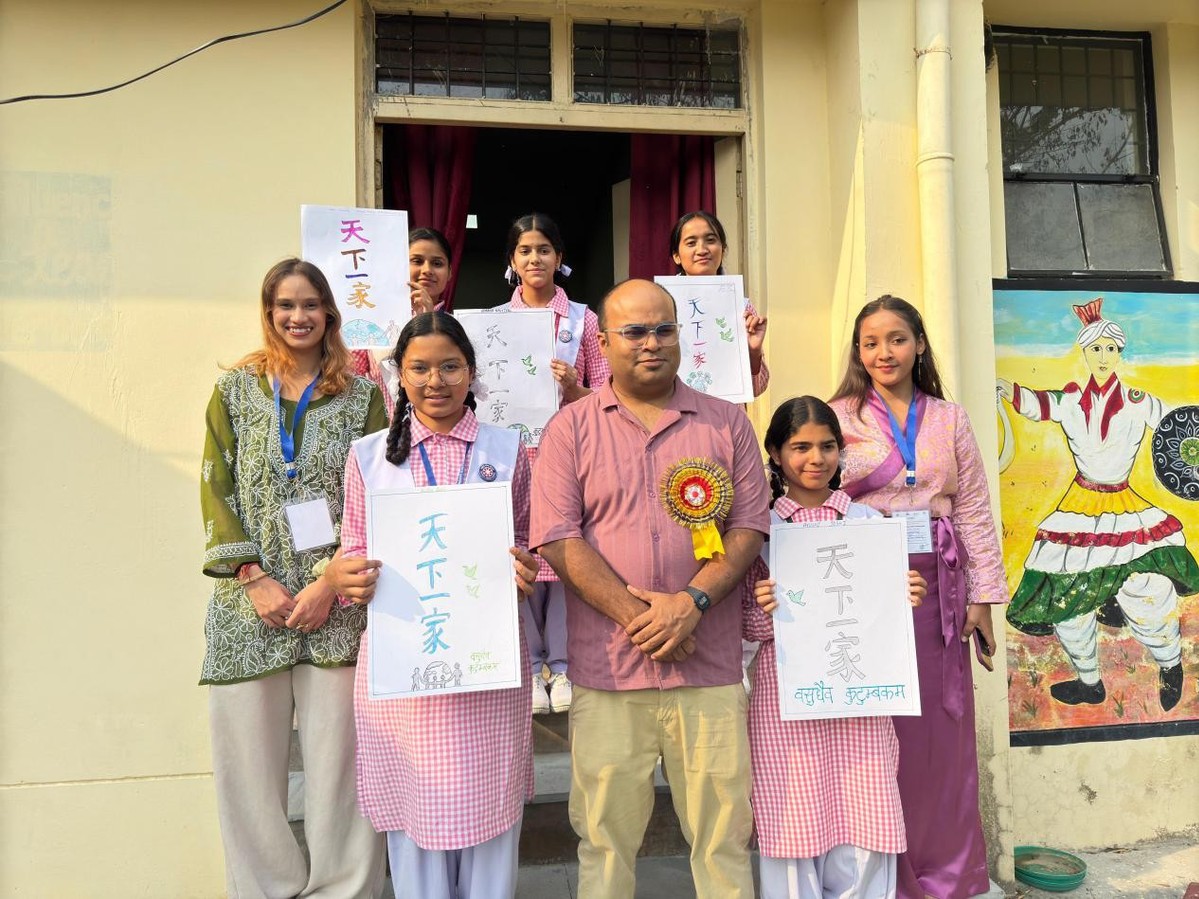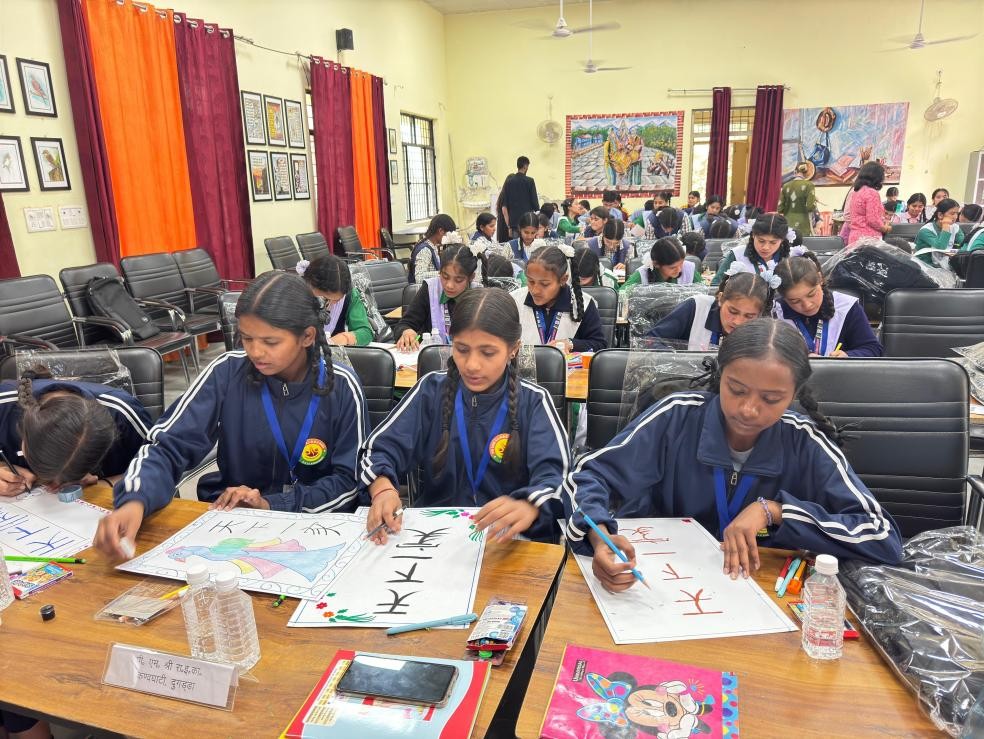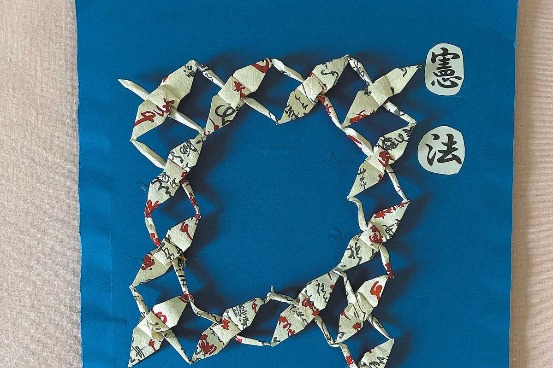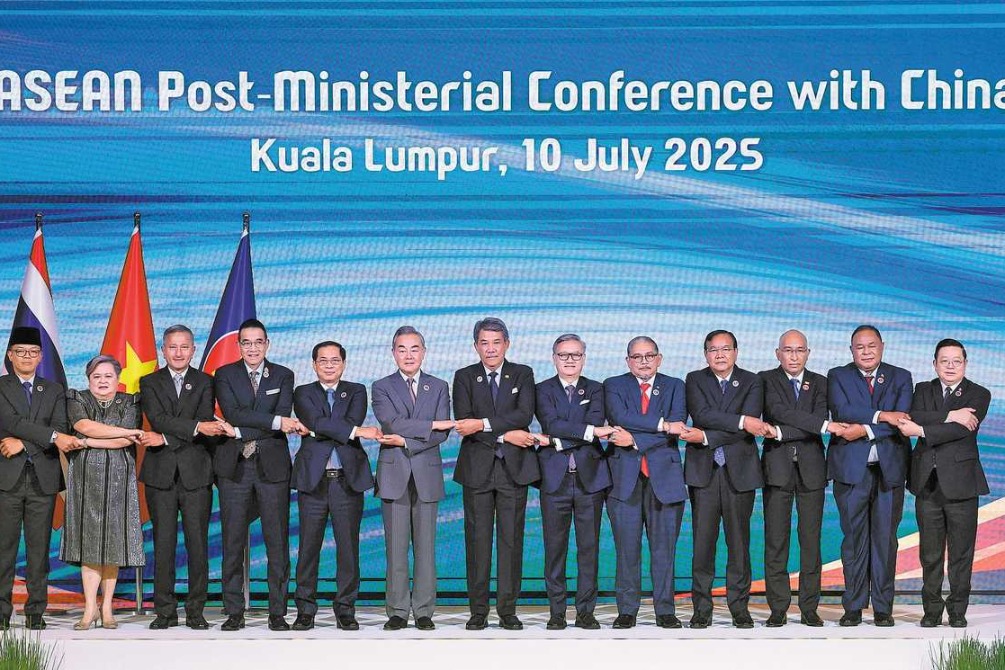Pauri Garhwal district in northern India makes milestone with its Chinese language program at public schools






Every school day, Class XII student Tanu Rawat travels around 4 kilometers by bicycle to reach her school in a remote village in northern Indian so she can learn Mandarin.
Rawat, an underprivileged girl from a village in Pauri Garhwal district, can learn Mandarin because her school is entirely funded by the federal government.
The 18-year-old daughter of an agricultural laborer believes learning Mandarin will bring new opportunities to her.
She hopes to pursue higher-level studies in the Chinese language and Chinese literature, and wants to be a teacher of Mandarin because there is a lot of demand among students in the state wanting to learn it.
Apart from learning Mandarin, she reads a lot about China.
China is India's immediate neighbor and one of the leading economies in the world, Rawat said.
"I should not miss this opportunity to learn it as our school is conducting a one-year Mandarin language course free of cost and providing books and other study materials free of cost as well," she said.
Rawat is studying alongside her science stream at Shaheed Lance Nayak Dhanveer Singh Rana, a school run by the government that is surrounded by lush green foothills in a remote village in Pauri Garhwal district.
Around 43 students in class XII at the school are learning Mandarin.
Bhawna, another class XII student learning Mandarin, thinks learning it could be a bonanza for her in the future because it could help her find a good job, not necessarily in India but in the international job market. Bhawna's father drives an auto rickshaw.
Government schools in Pauri Garhwal district have introduced Chinese language classes for the first time, marking a significant milestone for the local education system and around 20 government schools there are imparting Mandarin language skills to around 300 students, most of them impoverished.

The one-year Mandarin language course for beginners is aimed at empowering students under the Prime Minister's Schools for Rising India, or PM SHRI, initiative, a federal government-sponsored program aimed at equipping students with language skills to access global job markets, as a part of vocational training education.
The program runs under Doon University's Community Outreach Initiative, which is located in Dehradun, the state capital of Uttarakhand, which allows final-year Chinese studies students to teach in government schools as part of their skill development and National Education Policy-mandated practical training. It serves a dual purpose by providing real-world teaching experience and also skill enhancement for university students.
"This is the first time in India that Mandarin is being taught in government schools under such an initiative," said Professor Shanky Chandra, head of the Department of Chinese Studies at Doon University.
The program began in 2022 as a small pilot project under the District Institute of Education and Training, or DIET, and has now entered its third rollout, with enthusiasm growing all the time among students and teachers.
A remarkable achievement of the students this year is the participation of three students from the government schools in the prestigious Chinese Bridge Competition, an international Chinese language proficiency contest, which was recently held in Kolkata, an eastern Indian city.
"In India, private schools or elite institutions usually dominate this language competition. Our students, from economically weaker backgrounds, rural Uttarakhand, with minimal resources, stood on that stage and competed with confidence," Chandra added.
In April, DIET organized a workshop at Chari Gaon village of the district, featuring competitions in the Chinese language, calligraphy, speech, and cultural understanding. Students from 11 government schools presented outstanding performances at the workshop.
"What surprised us as university professors was the level of proficiency these students achieved, despite limited resources and connectivity issues in these hilly regions," Chandra said. "Their tones, pronunciation, and writing skills were at par with students from elite private schools across India."

The initiative traces back to a long-standing personal dream of Chandra, who, when in school there searched every bookstore for a Chinese language book and found none.
"I vowed that, one day, I would bring Chinese language education to my home district," said Chandra, who is an alumnus of Harvard University.
Chandra's dream became a reality when Narayan Prasad, a senior official from DIET approached his department, proposing to introduce Chinese classes in government inter-colleges across the district.
Local people stand to benefit from building language capacity. Beyond diplomacy, the practical benefits of Mandarin proficiency extend to tourism, hospitality, yoga, and international trade, he said.
"As the second-largest global economy, China is impossible to ignore," said Chandra.
He emphasized the project's potential for creating employment opportunities. Learning Mandarin will significantly improve job prospects, as China is one of India's largest trade partners, Chandra added.
Many other opportunities open up as interpreters and translators are hired by the Ministry of External Affairs and many private companies. The students can also act as cultural and linguistic bridges between India and China, fostering mutual understanding, Chandra said, adding that plans are also afoot to arrange foreign scholarships based on student proficiency tests.
Praising the efforts of the program, Doon University Vice-Chancellor Surekha Dangwal said if any student from economically weaker backgrounds wants to pursue higher studies in the Chinese language and Chinese literature, the university is ready to extend help under its scholarships program.
"The initiative has the potential to expand," Dangwal said.
The success in Pauri Garhwal district can serve as a model for other districts and Indian states aiming to combine education with global skills, Chandra added.
The writer is a freelance journalist for China Daily.



























